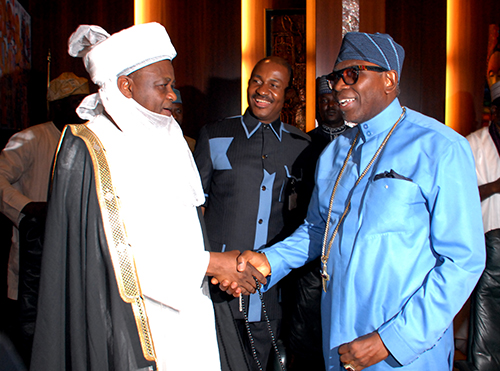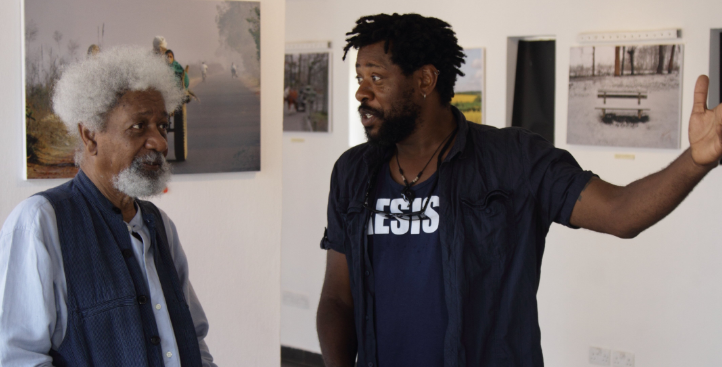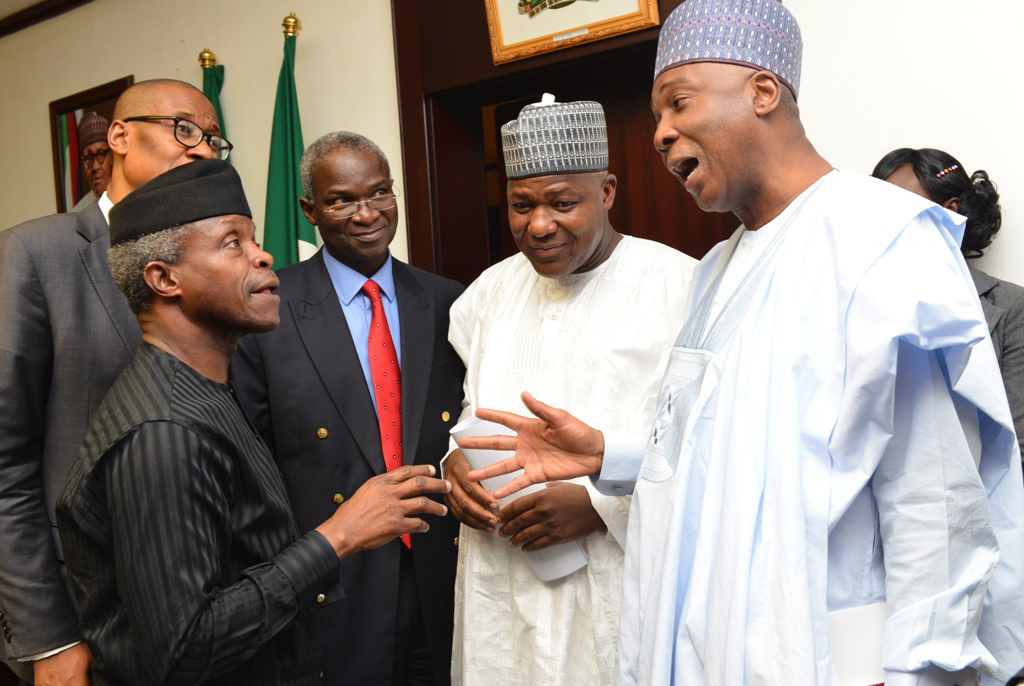By default, every Nigerian tends to be of one religious faith or the other. It is difficult to find a professed atheist in Nigeria. The God talk is everywhere and in public spaces – workplace, marketplace, government corridors, et cetera. It is convenient and fair to assume that there is no room for atheism in the country. But do Nigerians truly believe in God or pretend to do so? Is Godlessness the new religion in town?
The preponderance of religion and God talk often makes it easy for certain things to be taken for granted. One thing that suffers this preponderance is the right of the other not to be burdened by the onslaught of religion. Most people of faith tend to assume that everyone is religious. In this false consciousness, everyone is compulsorily assimilated into this worldview. Although often an inadvertent behaviour, it can be argued that it is both selfish and self-centric. A characteristic common amongst smokers in public spaces. In drawing in smoke from cigarettes, they also, literarily, suck in those around them, puff the smoke into the air, and careless about who it falls on.
Nonetheless, belief in God can be expressed in many ways. Some are idealistic, others are practical. On one hand, “idealists” often tend to separate their everyday life from the ideals of their beliefs. In this case, heaven and earth are as far apart as they can be. As such, it is easy to profess one thing and do another. They take consolation in our common humanity of imperfection and sometimes leverage that as a justification for the incoherence between belief and actions. On the other hand, “practicalists” tend to see God in everything they do. In this case, heaven and earth are mysteriously interwoven and experienced jointly in everyday experiences. Such approaches to belief find easy expressions in macro-policies and everyday micro-routines at home and on the street.
Approach to belief can be a defining element of a society or an epoch. For example, the protestant ethics of the 15th and 16th centuries, which largely shaped contemporary capitalism, is a practical approach to religion devoid of the idealism of its time. It was largely influenced by existentialism and the needs and demands of existence – e.g. poverty, insecurity, diseases, wars, et cetera. It treated salvation not only as an eschatological phenomenon – i.e. something to be encountered after death – but as one to be worked out and realised in its everydayness. Hence the focus on hard work, diligence, self-discipline, thrift, savings culture, calculated investments, peace, pursuit of profits and all the other things upon which market capitalism thrives today, as an economic system.
Advertisement
This protestant ethics also informed political ideologies. Today, in Europe for instance, political parties on both right and left are reflections of some belief systems, which could be linked to protestant ethics. it is not surprising that the Conservatives on the right of politics think the market system is the solution to almost everything, while those on the left of politics (e.g. the UK Labour party and or the Liberal Democrats) tend to prioritise people and the government over markets. They also privilege common ownership over private ownership of public infrastructure.
Adherence to the rule of law, peace, and order is also a manifestation of the protestant ethics approach to belief. It coincided with the rise of humanism and supports the increasing recognition of human and animal rights in contemporary legal discourses and regimes.
Protestant ethics, as a form of practical spirituality, also finds expressions in everyday routine activities at the micro-level to make the world a better place for all. It promoted the quest for enlightenment, evidenced in the growth of literacy and science. It promoted self-discipline and conformity to established norms and institutions aligned to the quest for good society. Truth, as authentic existence, is emphasised, and the sense of responsibility (both at the individual and public levels) is orchestrated from cradle to grave.
Advertisement
Although Christianity is declining in Europe, whatever order is seen in Europe today, is to a large extent based on this approach to belief. Beyond Europe, there seems to be a positive correlation between national development and authenticity of religious beliefs.
Coming back to the Nigerian society, the country seems to thrive on dichotomous expressions of idealism, which require one to separate personal religious beliefs from personal actions. This separation thesis enables Nigerians to disassociate their everyday life practices from the ideals of their religious beliefs. Even if one is able to find a minority resonance between personal beliefs and micro-level actions, one is left wondering why these beliefs are yet to rigorously find expressions in macro policies and institutional arrangements. It leaves one, also, wondering the place of religion in the Nigerian society.
A worrying trend, if one may say so, is the seeming positive correlation between the rise of religious consciousness and societal depravity in Nigeria. Why religious consciousness is not easily translating to societal benefits remains a disturbing puzzle to be unravelled.
This trend leaves one wondering if Nigeria has inadvertently slipped into the practice of godless religion and belief system, which permits a schizophrenic approach to life and living, where professed belief doesn’t necessarily need to match everyday practices and decisions. This can be seen everywhere – from the workplace, through the marketplace, to public governance. One can, therefore, argue that this is a manifestation of inauthenticity masquerading as God belief. In other words, realising and recognising this godlessness as what it is may do Nigerians more good than a false consciousness.
Advertisement
The argument can further be stretched to suggest that atheism is far better than godless religion. Atheism, at least, allows a space for authenticity, which godless religion cannot permit. Authenticity is truth, as coherence between belief and action. The practice of godless religion is inherently inauthentic and this inauthenticity continues to permeate the Nigerian society as godless religion continues to grow and capture everything along its way. Nigerians should be concerned about this trend if they truly believe in God.
Otherwise, inauthenticity offers a different lens to appreciate the reality of Nigeria and Nigerians. It points to the challenges of insincerity expressed through selfishness, corruption, disorderliness, and many other unpatriotic acts, which have continued to undermine the foundation of Nigeria.
Like any other belief system, inauthenticity is a personal choice as much as the zeal to overcome it. So, be the change you want to see!
Amaeshi writes from Abuja, Nigeria. He tweets @kenamaeshi
Advertisement







